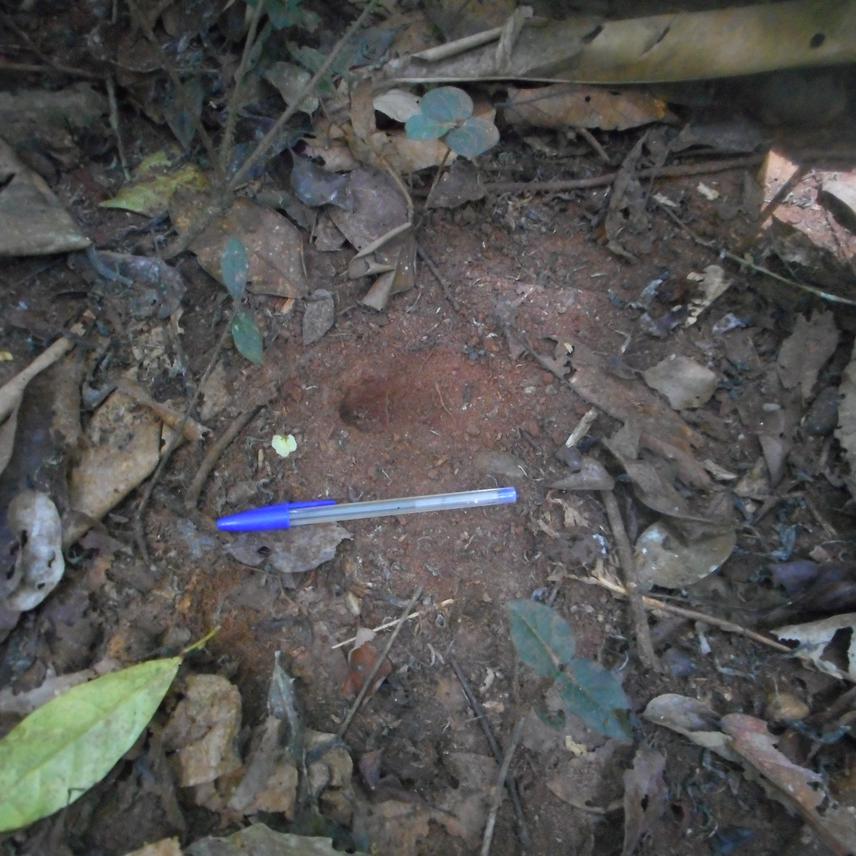Jacobine Sarielle Kapmegne
Pangolins, also known as scaly anteaters, are quickly being driven to extinction around the world. African Pangolins are currently classified as “Vulnerable” by the IUCN. In African continent, the pangolins are hunted and consumed by men; their populations are assumed to be declining, because of habitat degradation and loss as well as trade and poaching of pangolins species and body parts (their scale). Assessing trade, human and environmental threats to pangolins species around DBR will provide more information to help to reduce the extinction of this species by inciting the fight against illegal trade as well as pangolins poaching and proposing certain community-based ecodevelopment solutions. To better preserve their habitat, local people will be trained on ecotourism practices for a future implementation of ecotourism activities in regard of pangolin diversity conservation.

Cameroon ecosystems inhabit one of the richest biodiversity in the world. Covering an area of 526 000ha, the Dja fauna reserve inhabits 110 mammals (among which pangolins). Pangolins (Family: Manidae), a group of African and Asian scaly mammals, are considered to be “the most heavily trafficked wild mammal in the world,” and are hunted and traded for food and traditional medicines (Challender et al. 2014). However, little is known about the habitat conditions of pangolins as well as their hunting trend for food and scale purposes in (DBR). Most importantly, people are not well educated and incited in fighting against illegal trade of pangolins species. Using African pangolins (Family: Pholidota) as a case study, we will demonstrate that collecting and analyzing local-scale data on trade, environmental and human threats to their habitat as well as ecodevelopment practices, education on illegal trade and incentives measures in their regard can provide a regional information for policy change or policy improvement in regard of pangolins diversity conservation.
This study planned from 20th of January 2019 to 15th December 2019 will consist of home work and field work. Field works will be carried out in three (03) phases during three (03) months and three (03) weeks; the first phase will cover three objectives, respectively
i) to educate and incite local people in fighting against illegal trade of pangolins species,
ii) tackle the key drivers of pangolins hunting (propose medicinal alternatives to pangolins scale uses and assess the socioeconomic status of local people)
iii) assess the extent of poaching and habitat loss; this will be done in 7 weeks but poaching rate will be extended up to 06 months.
The second phase will focus on community-based activities and education against pangolin poaching during 01 month and 02 weeks and the third phase will focus on ecotourism training workshop during 01 month.